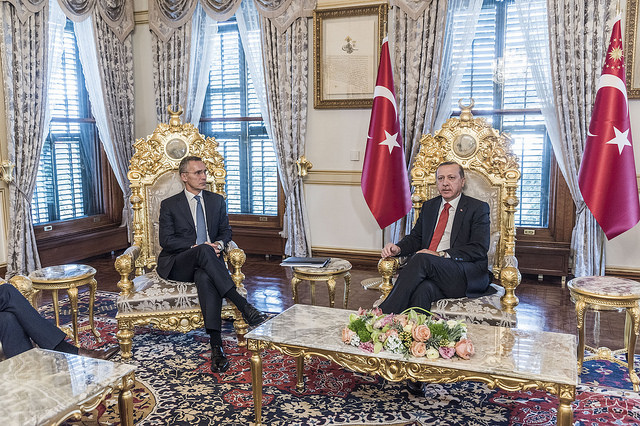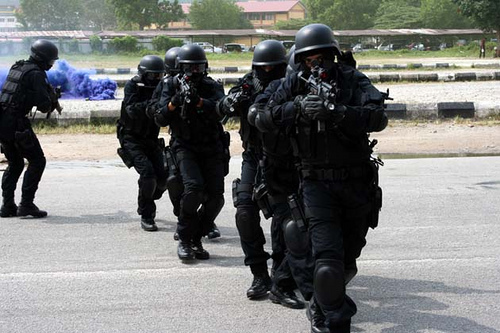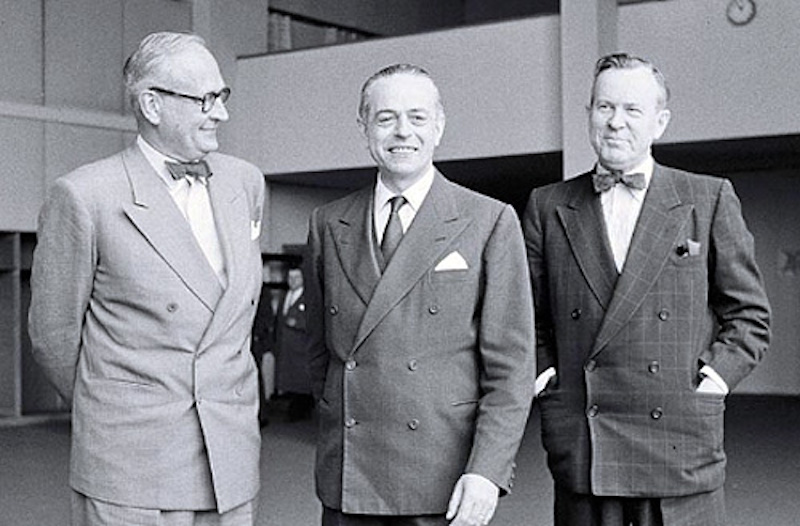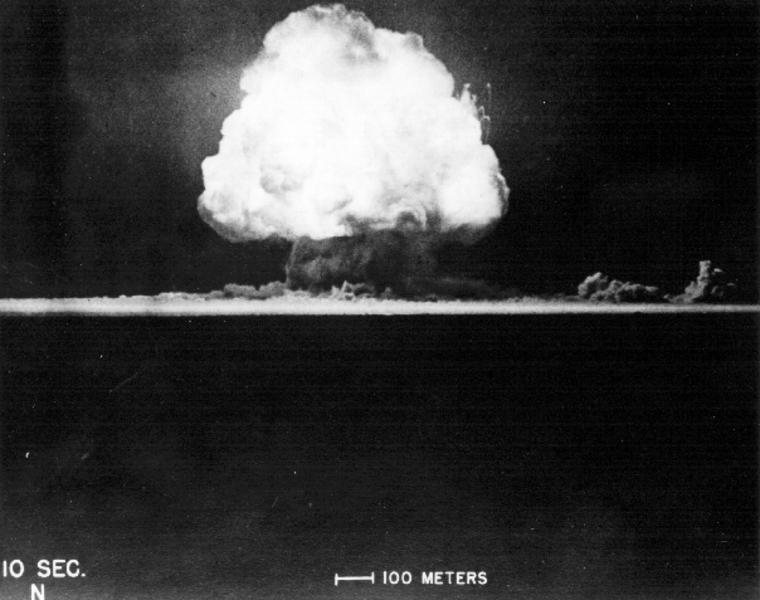Turkish President Recep Tayyip Erdogan has demonstrated increasingly authoritarian behavior since the failed coup of July 15, 2016, using emergency powers to sack, detain, and arrest significant numbers of people. The purge began by targeting the Gulenist movement led by U.S.-based religious leader Fetullah Gulen, who has been accused of orchestrating the coup, which he denies. Turkish authorities then targeted all individuals they accused of links to terrorist organizations. Since the failed coup, over 120,000 people have been sacked, over 88,000 people have been detained, and over 40,000 people have been arrested. The arrests have included military officers, government officials, lawmakers, judges, academics, educators, civil servants, and other members of Turkish society. The Committee to Protect Journalists reports that 81 journalists have also been imprisoned, and more than 100 news outlets shutdown.
Members of the political opposition have been targeted, following immunity being lifted in May that had previously prevented MPs from being arrested. On November 4, at least eight MPs of Turkey’s pro-Kurdish Peoples’ Democratic Party (HDP) were arrested. Turkish authorities have stated the arrests were part of a counter-terrorism investigation accusing lawmakers of links to the Kurdistan Workers’ Party (PKK), which the HDP denies. The PKK is considered a terrorist organization by Turkey and the NATO alliance. The HDP is the main body of political representation for the Kurdish minority in Turkey, and won 59 out of 550 seats in Turkey’s last general election in November 2015, finishing third in parliament.
A newly proposed constitution in parliament aiming to expand the powers of the presidency by establishing a presidential system in Turkey has raised controversy. Critics have argued that the new constitution is a power grab by the current president, and the two biggest opposition parties, the Republican People’s Party (CHP) and the HDP, have opposed it. Its passing would result in “no censure motions, no vote of confidence, [and] no parliamentary inquiries,” as CHP lawmaker Deniz Baykal has warned.
Since the coup, relations have deteriorated between Turkey and other members of NATO. The U.S. has enraged Turkey for refusing to extradite Gulen, and for its slow response in showing support after the coup. In November, President Erdogan also stated interest in joining the Shanghai Cooperation Organization (SCO), a Eurasian political, economic, and military alliance. Turkey was accepted as a dialogue partner at the 2012 SCO summit in Beijing, and full membership in the SCO would end negotiations towards full membership in the European Union. This increasing gap between Turkey and other NATO members is especially concerning because of Turkey’s large military role in NATO, contributing the second largest military in the Alliance behind the United States. Turkey also contributes to the fight against ISIS in Syria and Iraq, and is of geographic importance guarding the Alliance’s southern flank.
Turkey’s relations with Russia have greatly improved since the failed coup. The two countries have been leaders in working on a ceasefire in Syria that has largely held, with peace talks scheduled for January 23, and Syrian President Assad stating readiness to “negotiate everything” with rebel groups.
Concerns about Turkey’s authoritarian leanings have raised questions about whether maintained NATO membership requires democratic governance. Ann Griffith of Dalhousie University argues the more important question is whether a state’s actions continue in a direction to “actively counter” NATO interests. The mission of NATO member states in the anti-ISIS coalition is to destroy ISIS, and Turkish interests and efforts align with this. However, the coalition has relied heavily on the Kurdish People’s Protection Units (YPG), which Turkey sees as an extension of the PKK in Syria. Ankara targeted these forces in Syria to prevent them from forming a contiguous territory on Syria’s northern border. Indeed, Ankara fears that a contiguous Kurdish-controlled area in Northern Syria could embolden Kurdish populations in Turkey in their struggle for autonomy.
The Alliance may need to develop clear mechanisms for dealing with member states that pursue actions that clash with interests of the Alliance. It is of great importance considering the recent and upcoming changes in leadership of NATO member states. The UK has voted to leave the EU and Donald Trump has won the US election. In 2017, additional elections threaten the continuation of populist victories, with such candidates running in elections in France, Germany, and the Netherlands. This threat of further uncertainty in European leadership and the translation of isolationist rhetoric into policies distancing European states from the EU, could translate into further uncertainty within NATO.
President-elect Trump has claimed that NATO is “obsolete” because it has failed to defend against terrorist attacks, and a great deal of uncertainty comes with his victory. He has campaigned on protectionist policies that threaten the overall collective strength of the Alliance, claiming that “a lot of these countries (NATO member states) aren’t paying what they’re supposed to be paying, which I think is very unfair to the United States,” though adding that “NATO is very important to me.”
Reassuringly, four thousand US troops arrived in Poland on January 14, 2017, as part of further efforts to deter Russian aggression and to demonstrate firm commitment to NATO allies. The nine-month rotation will involve exercises in Poland, Estonia, Latvia, Lithuania, Romania, Bulgaria, and Hungary. Additionally, despite the Brexit vote, UK Prime Minister Theresa May has reaffirmed commitments to support Eastern European states if they are invaded by Russia. While the Alliance always needs to be prepared for uncertainty, Trump’s statements about the 2% of GDP may be more of a wake-up call than a source of internal pressures resulting in collective destabilization leaving the Alliance susceptible to external threats.
Photo courtesy of NATO (Flickr)
Disclaimer: Any views or opinions expressed in articles are solely those of the authors and do not necessarily represent the views of the NATO Association of Canada.




